The question of the right age to start coding comes up a lot. As a developer, I spend my day solving problems, writing exact instructions, and fixing bugs when things go wrong. The same habits apply to coding: clear thinking, step-by-step logic, and creative problem-solving.
Kids do not need a computer to begin learning these skills. They show up in everyday life, from giving directions to spotting mistakes. This is why I believe kids can start building real coding habits much earlier than most people expect.
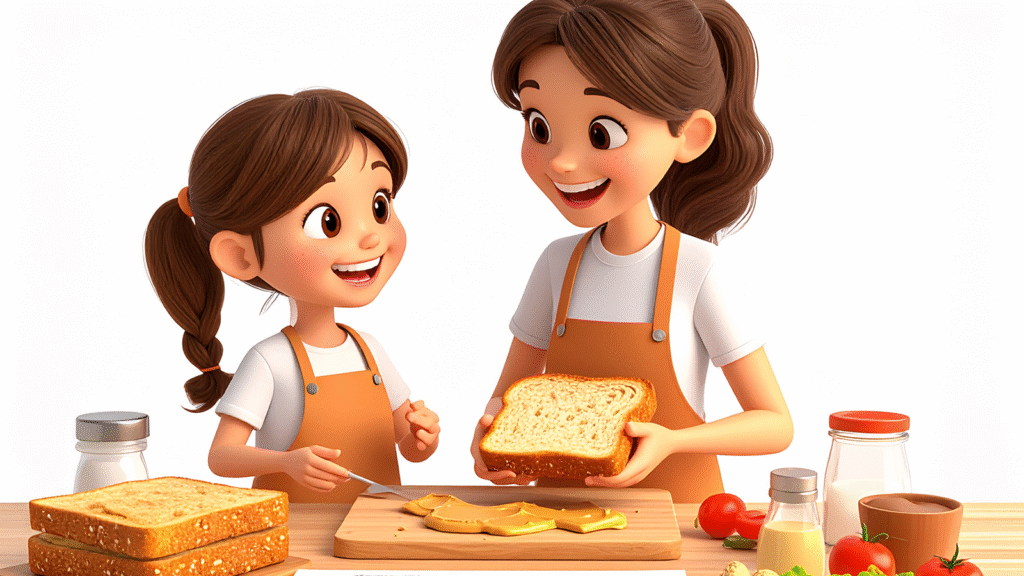
The Best Age to Start Coding by Learning Milestone
Kids can begin learning coding habits early, often around age five. At this stage, it’s not about typing or syntax. It’s about practicing how to think in steps and solve problems clearly.
A classic example is asking a child to explain how to make a peanut butter sandwich. When you follow their instructions exactly, things usually go wrong. They might skip opening the jar or forget to get a knife.
That’s a perfect entry point for coding. It introduces sequencing, clarity, and debugging. These are the same skills developers use in real code every day.
Ages 5 to 7: Unplugged but Powerful
In early elementary years, the focus should stay hands-on and screen-free. Kids can explore foundational coding concepts through simple activities that mirror everyday problem-solving.
At this stage, they can:
- Arrange steps in the correct order (sequencing)
- Make decisions using “if this, then that” logic (conditionals)
- Repeat tasks in loops with a clear goal (loops)
- Spot and fix errors in instructions (debugging)
These ideas can be taught through movement games, paper printables, real-life routines, and creative storytelling. The focus is on thinking like a coder, not using a device.
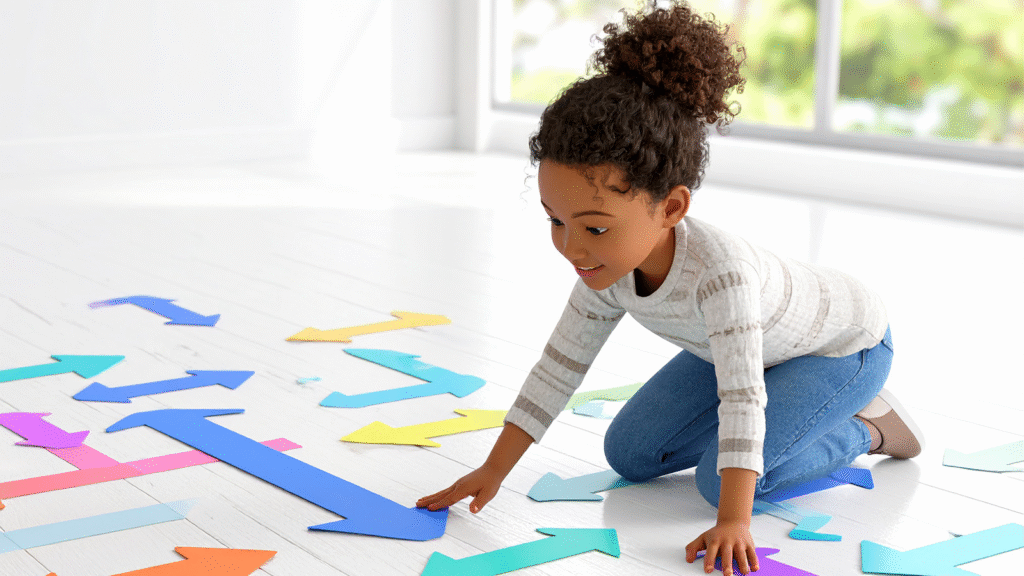
Ages 8 to 10: Add Structure and Challenge
By third grade, most kids are ready for more structured logic work. They can begin planning basic programs, organizing ideas visually, and experimenting with beginner-friendly tools.
At this age, kids can:
- Use printed coding cards to create simple instructions
- Build basic flowcharts to plan ideas
- Troubleshoot broken logic with guided prompts
- Explore block-based tools like Scratch, if using a device
The focus is on structured thinking and problem-solving. These habits carry over into any language or tool they might use in the future.
Ages 11 and Up: Build with Purpose
Older kids are ready to move from logic practice into hands-on creation. They can explore real coding languages, take on creative projects, and start writing code that solves real problems.
At this stage, kids can:
- Write actual code using beginner languages like Python or JavaScript
- Test and refine their own ideas
- Explore basic web design or game development
- Build confidence through longer independent projects
Coding becomes more than just practice. It becomes a creative outlet for kids to design tools, games, or solutions that matter to them.
Best Age to Start Coding Summary
- Ages 5 to 7: Focus on unplugged logic through play and everyday tasks
- Ages 8 to 10: Add structure with printables, planning, and beginner tools
- Ages 11 and up: Transition into real code and independent projects
The best age to start coding depends more on your child’s curiosity and developmental readiness than a fixed number. There is no single timeline. The goal is to support logical thinking, confidence, and curiosity at each step.
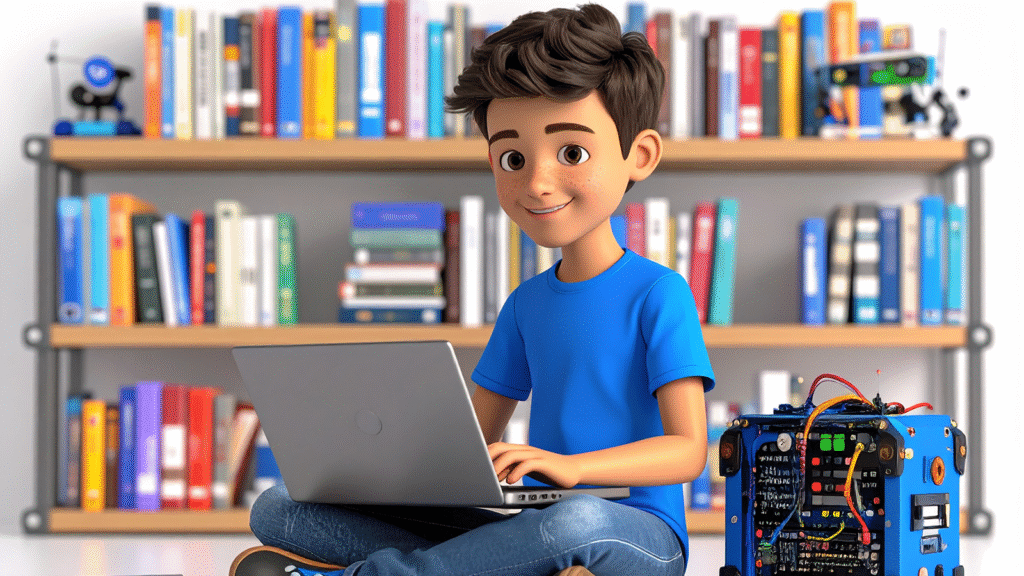
What Parents Should Know
You don’t need a programming background to help your child learn coding. What matters most is helping them slow down, think through a process, and learn how to fix things when something doesn’t work.
That’s how I approach my own work as a developer. It’s also how Wired Me was built, to give parents screen-free tools that make real coding habits accessible at home.
When used intentionally, coding can turn screen time into a powerful learning tool. This article from London Daily News explains how coding builds real-world skills like resilience, problem-solving, and creativity.
Coding for Kids: Turn Screen Time into Superpowers
Ready to Start?
Here are two free resources that make it easy to begin:
👉 Free unplugged coding printables
👉 Download the Unplugged Activity Pack
Each one is simple, hands-on, and helps kids practice the same thinking real developers use every day.
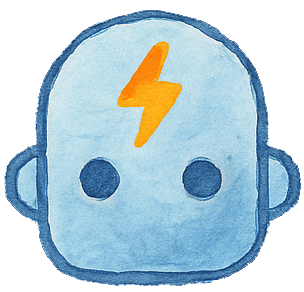
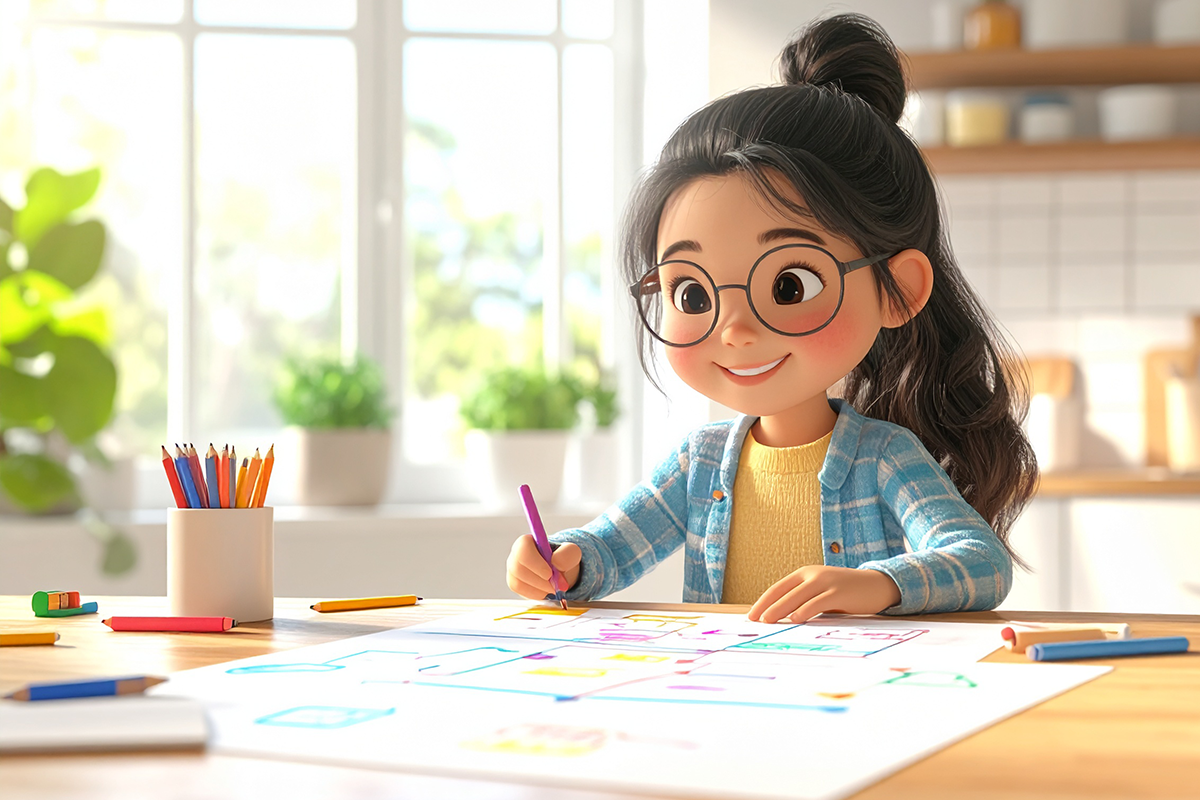
Leave a Reply